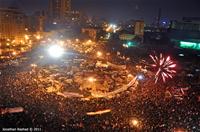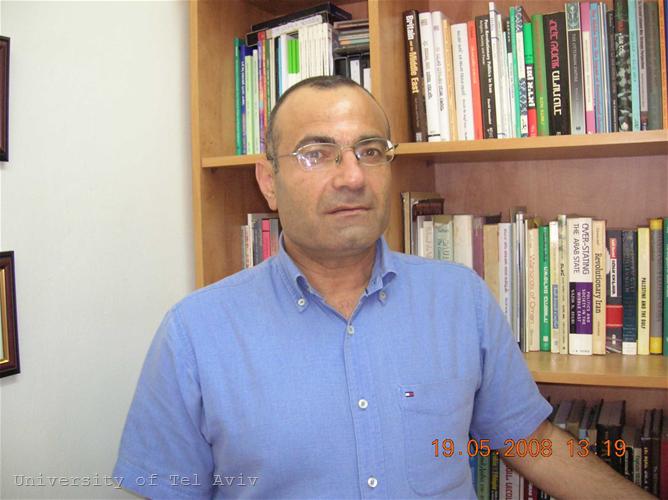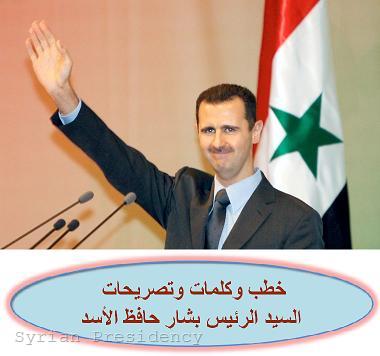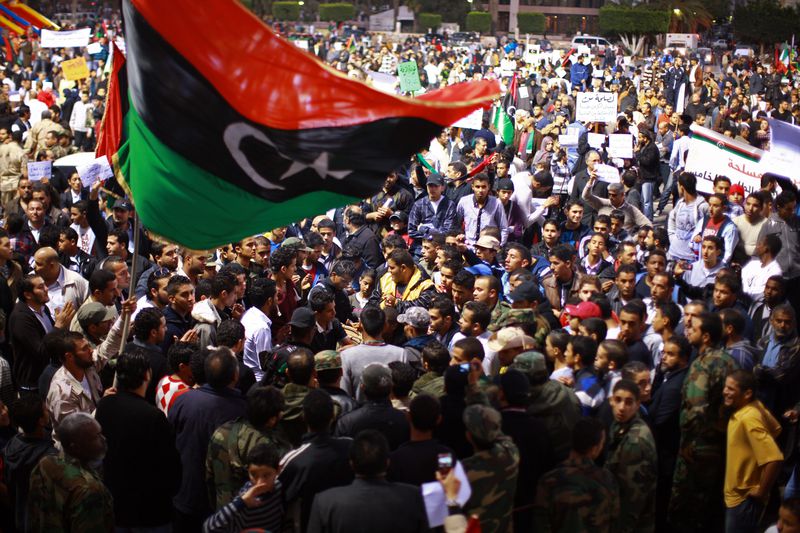East versus South
Evelyna Topalova, Adelina Marini, February 28, 2011
 In the wake of public unrest against ruling regimes in the South Mediterranean, six EU member states - France, Greece, Spain, Cyprus, Malta and Slovenia - called for measures that should prove European support for the countries in the region which took the path of transition and reforms process. It is not by chance that exactly these EU countries adopted such proactive stance, as all of them except Slovenia are facing illegal immigrant influx after the uprising in North Africa and Middle East.
In the wake of public unrest against ruling regimes in the South Mediterranean, six EU member states - France, Greece, Spain, Cyprus, Malta and Slovenia - called for measures that should prove European support for the countries in the region which took the path of transition and reforms process. It is not by chance that exactly these EU countries adopted such proactive stance, as all of them except Slovenia are facing illegal immigrant influx after the uprising in North Africa and Middle East.
Considering the events in these countries, they called not only for strengthening of the cooperation in the political and economic field with these countries, but also for more flexibility concerning the allocation of funds under the European Neighbourhood Policy.
A letter sent on February 16th by the foreign ministers of the six countries to EU foreign policy chief Catherine Ashton and quoted by the EUobserver, contains specific proposals on how to shape this support - namely by backing transformation of the political, economic and social models in the countries in the South Mediterranean, cooperation in their fight against organised crime and illegal immigration, boosting political dialogue on government and security issues, expanding programmes in support of the civil society that are focused on education and professional qualification.
The six draw attention to the disproportionate allocation of funds among the neighbours of the EU and give as example the fact the if the bloc allocates 1.8 euro to a citizen of Egypt, 7 euro per capita in Tunisia, the sum for Moldova amounts at 25 euro. They believe that the aid should be reviewed in light of the recent events in the countries in North Africa.
The six suggest also expanding the scope of the instruments at EU's disposal like the Instrument for Stability, the instruments for development of civic society and promotion of human rights as well as mobilisation of funds from the European Investment Bank (EIB).
At the Foreign Affairs Council, held on February 21st, ministers voiced their support for the peoples of the South Mediterranean and their legitimate strive for democratic changes, social justice and economic development. In the same time the Council condemned the repressions against anti-government protesters in Libya and called for an immediate halt of violence. The foreign ministers also voiced their commitment to more effective support for the countries from the region in their transition towards democracy and stressed the need of cooperation on illegal immigration issue.
Meanwhile, the EIB said it was ready to support the transition to democracy in the countries from Northern Africa and the Middle East by increasing lending for them. Thus the financial framework for projects in the South Mediterranean area covering the 2011-2013 period could reach 6bn euro. The EIB President Philippe Maystadt said that the consent of the EU member states and the European Parliament would be needed prior this but added he saw no obstacles for that to happen. He highlighted that the accent in the new projects should be put on employment programmes for young people who were the moving force of uprisings in Egypt and Tunisia.
The European Parliament also called for a change in the EU policy towards the southern Mediterranean during its February session. In a resolution the MEP called for a review of the European Neighbourhood Policy in order to shift focus from purely economic goals to independence of the judiciary, fight against corruption and respect of fundamental freedoms. The document also suggests that countries which meet certain political criteria could get an advanced status, reflecting relations with the EU. According to the MEP, Tunisia started talks with the bloc for acquiring of such a status last year. Morocco, which was also scene of unrest recently, was the first country in the southern Mediterranean region to receive such a status in 2008.
Concerning Egypt, the MEPs asked the EU foreign policy chief to set up a working group with EP's participation that should coordinate the response on all financial and political needs during the transition to democracy in the country, including institutions building, independence of the judiciary and sending a monitoring mission for the upcoming elections.
 | © University of Tel Aviv
| © University of Tel Aviv | © Syrian Presidency
| © Syrian Presidency | © UN
| © UN